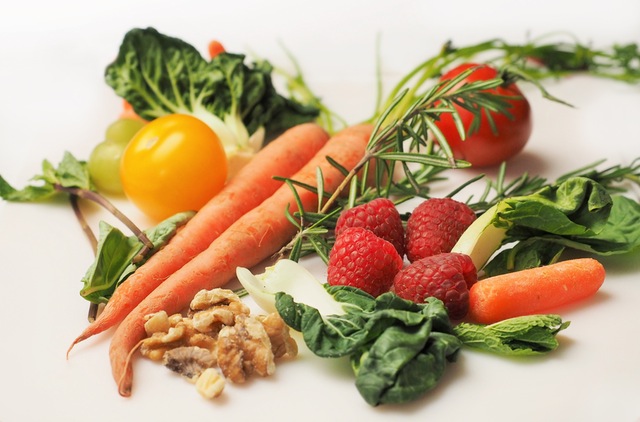Many people with autoimmune problems want to know how to eat better, but are confused by the volume of nutritional advice out there. As most autoimmune issues have a large component of inflammation, following an anti-inflammatory diet is the best option. People generally underestimate how powerful a good diet can be.
Following this regime for 1-3 months will help reduce inflammation and combat fatigue.
Think of each meal as an opportunity to nourish and nurture your body.
Whenever possible opt for food in its most natural state possible, which has been minimally processed. Try to stay away from packaged food and cook for yourself as much as you can. This also ensures you are minimising your intake of genetically modified foods.
If money permits it is always better to go organic as this guarantees your food isn’t genetically modified.
Foods Recommended Are:
- Nuts – as long as you can tolerate them
- Seeds
- Grass-fed meat (grass-fed meat has a balanced ratio of omega 3 and omega 6 making it a healthier option)
- Oily fish – wild salmon, not farmed. Trout, kippers, mackerel, sardines
- Free range chicken – organic if possible
- Livers and Kidneys – only organic
- Vegetables all kinds
- Fruits
- Healthy fats- olive oil, avocado, flaxseed oil, flaxseeds
- Ghee
- Nutritive sugars- honey and maple syrup in small amounts
- Eggs- free range
- Fresh herbs
- Fermented foods- sauerkraut, kimchi, kefir, kombucha
- Green leafy vegetables – spinach, kale, bok choy, broccoli and dark green cabbage. Adding a squeeze of citrus to these vegetables turns the iron content into one our bodies can absorb more easily, a great tip if you are anaemic.
Foods to Avoid
- Alcohol
- Soy sauce, tofu, tempeh and soy
- All processed packaged foods
- Grains- wheat, barley, rye, oats, rice, quinoa, couscous, semolina, bulgar and bran
- Sugar
- Artificial sweeteners
- Sweeteners such as stevia, rice malt syrup and molasses
- Dairy
- Beans and legumes – including peanuts, kidney beans and chickpeas
- Fizzy drinks – sparking mineral water is okay
- Cooking oils- sunflower, peanut, safflower, canola, vegetable oil
- Margarine
Avoiding all types of grains is a good option for a few months. Even gluten free grains can cause inflammation and are hard to digest for some people.
Legumes should also be avoided; they contain a protein called lectin. Lectin can affect the gut and contribute to a lack of absorption of other nutrients.
Processed foods contain high levels of salt, sugar, artificial sugars and preservatives, all of which will create inflammation. They are not very nutrient dense, meaning they have a low nutritional content and are often higher in calories.
Sugar makes the blood sugar levels rise and drop rapidly, this can mean we suffer from swings in energy levels and it can contribute to brain fog. It can also contribute to inflammation.
What should be on my plate each day?
For each meal of the day it is vital to include a source of protein, this is of particular importance earlier in the day. Protein helps the body to maintain healthy blood glucose levels. Good protein sources are eggs, fish, meat, and nuts.
As a general guide each portion of meat you consume should be the same size of the palm of your hand and the same thickness of your palm.
You want to include vegetables at every meal.
Always aim for the rainbow on your plate, go for as many different varieties of vegetables as you can. They all contain different antioxidants, which will benefit your health.
Our Final Tip
Stick to the 80/20 rule.
Be good 80% of the time and don’t beat yourself up for being bad 20% of the time!


![5 Reasons You Should Travel Alone Airplane [image source: chau nguyen/ http://thedevilhatessweatpants.blogspot.com.au ], crowd ink, crowdink, crowdink.com, crowdink.com.au](https://crowdink.com/wp-content/uploads/2016/08/Chau-airplane-218x150.jpg)





























